
When former Mozambican finance minister Manuel Chang was arrested at Johannesburg airport over the Christmas holidays, it triggered a political crisis ahead of the country's elections later this year.
Chang was detained over alleged secret loans to state companies totalling $2 billion in a widening scandal that is set to shake the Frelimo party that has ruled since 1975.
Currently held in custody, he is due back in court in Johannesburg on Friday over a US request for South Africa to extradite him on charges of conspiracy to commit wire fraud, securities fraud and money laundering.
The case could blow open the extent of government corruption in Mozambique, which relies on donor aid and is one of the world's poorest countries.
"This is the biggest crisis in the Frelimo party," Adriano Nuvunga, professor of political science at Eduardo Mondlane University in Maputo, told AFP.
"There is no longer one Frelimo. There are many Frelimos."
Nuvunga predicted that President Filipe Nyusi would still lead Frelimo to election victory when the polls are held in October, but said opposition to the ruling party was growing.
"The youth are revolting against Frelimo," he said.
Party silence
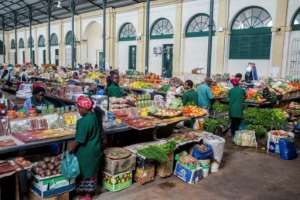 In 2016, Mozambique into its worst financial problems since independence from Portugal more than 40 years ago. By MAURO VOMBE (AFP/File)
In 2016, Mozambique into its worst financial problems since independence from Portugal more than 40 years ago. By MAURO VOMBE (AFP/File) Chang was Mozambique's finance minister between 2005 and 2015 under former president Armando Guebuza.
Between 2013 and 2014, Mozambique state-owned security companies borrowed about $2 billion (1.75 billion euros) from Credit Suisse and Russia's VTB Bank.
But the government only disclosed most of the debt in 2016.
The hidden debt plunged Mozambique into its worst financial problems since independence from Portugal more than 40 years ago.
Frelimo and the government have remained tight-lipped since the arrest of Chang, but some party members have spoken out.
"He will be tried, whether in Mozambique, South Africa or the USA," Tomaz Salomao, himself a former finance minister, told state broadcaster Radio Mocambique.
"It is good that he is tried for this to serve as an example."
US prosecutors allege that Chang received $12 million for agreeing to sign the loan agreements that were supposedly to finance a tuna-fishing fleet and maritime surveillance project.
Joaquim Chissano, president of Mozambique from 1986 to 2005, also called for justice over the case. "If there are crimes committed, people should be punished," he said.
Current president Nyusi was defence minister when the loans were agreed and he signed important contracts over the deals.
Offering a scapegoat?
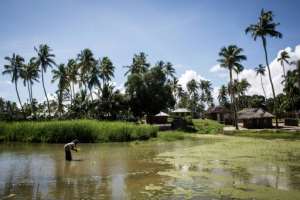 Mozambique defaulted on its debt last year with the repayments threatening to swallow up future revenue from natural gas deposits discovered in the country's north. By JOHN WESSELS (AFP/File)
Mozambique defaulted on its debt last year with the repayments threatening to swallow up future revenue from natural gas deposits discovered in the country's north. By JOHN WESSELS (AFP/File) "The arrest of Chang suggests that Nyusi is prepared to offer him up as a scapegoat... to avoid blame for the hidden debt scandal," the London-based Maplecroft Risk consultancy said in a briefing note, describing the strategy as "precarious."
"International criticism of Nyusi will damage his authority within Frelimo ahead of the October general election," it added.
Mozambique defaulted on the debt last year, and repayment could swallow up future revenue from natural gas deposits discovered in the north of the country.
But civil society groups say the loans were illegal and that impoverished Mozambicans must not be burdened with years of hefty repayments.
"The debt was not based on the national interest," the Centre for Public Integrity said in a statement to AFP.
"It was the result of a corruption scheme engendered by employees of Credit Suisse... in collusion with senior Mozambican officials and politicians.
"This debt is not ours, we do not accept paying it."
Since Chang's arrest on December 29, three former employees of Credit Suisse have also been arrested in London for possible extradition after being charged in New York.
Lebanese businessman Jean Boustani, accused of helping coordinate the alleged fraud, was also arrested in January in the Dominican Republic and sent to the US.
About $200 million was spent on bribes and kickbacks, according to the US indictment.
Read Full Story
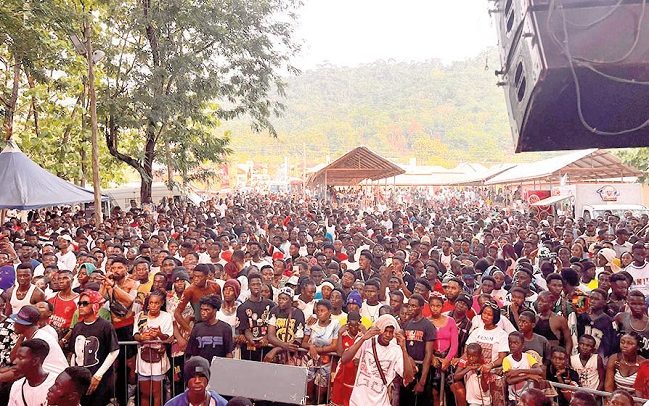


















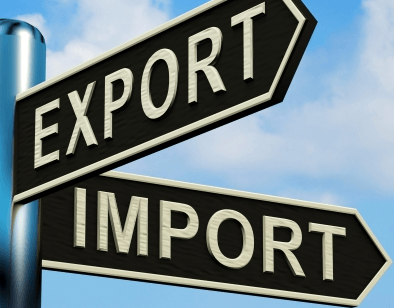
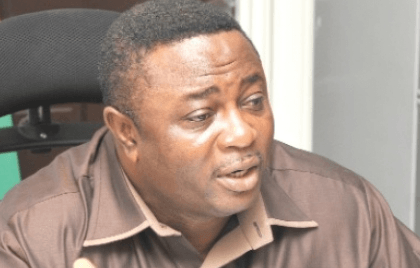


Facebook
Twitter
Pinterest
Instagram
Google+
YouTube
LinkedIn
RSS